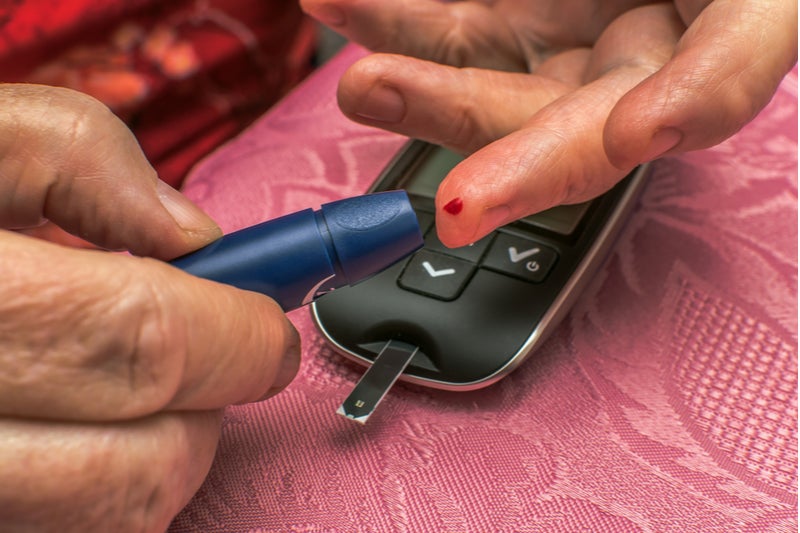With an increased incidence of Type 2 diabetes (T2D) in children and adolescents, there remains a significant unmet need for additional therapeutic options for use in these younger populations.
At the 55th annual European Association for the Study of Diabetes (EASD) meeting in Barcelona, the Ellipse randomised trial results were discussed.
The trial assessed the efficacy and safety of Novo Nordisk’s Victoza (liraglutide) versus placebo, when added to metformin with or without basal insulin, as a novel treatment option for young individuals with T2D. Victoza can provide an alternative therapeutic option for children and adolescents who may not be achieving optimal glycemic control with metformin alone. Additionally, it has a strong safety profile that could prove to be a better option than insulin, which can cause hypoglycemia.
In the study, T2D patients ages 10–17 years were randomised 1:1 to Victoza up to 1.8mg/day (or the maximum tolerable dose) or placebo for a 26-week, double-blind period, followed by a 26-week open-label extension for additional data. The primary endpoint was to identify a baseline change in haemoglobin A1c (HbA1c) at 26 weeks, and the secondary endpoints included a change in the fasting plasma glucose (FPG). Throughout the trial, safety was continually assessed.
A total of 135 children were randomised and 134 of these we exposed to one of the two treatment arms of the study (Victoza 66; placebo 68). The mean age of trial participants was 14.6 years and 62% of participants were female. At 26 weeks, there was a significant decrease in HbA1c from 7.87% to 7.13% in the Victoza arm, and an increase from 7.89% to 8.19% in the placebo arm. A similar observation was made at 52 weeks, where HbA1c decreased in the Victoza arm and increased in the placebo arm. Victoza also led to a decrease in FPG at both 26 and 52 weeks compared with placebo, which led to increases. There was an almost equal percentage of children who complained of adverse events (AEs) in each of the study’s treatment arms (Victoza: 84.8% versus placebo: 80.9%). Of these AEs, gastrointestinal AEs were the most frequent, with 33% in the Victoza arm and 13.2% in the placebo arm.
The trial concluded that the use of Victoza in younger T2D patients, with a dose up to 1.8mg/day (when added to metformin and with or without basal insulin), offers an efficacious and durable treatment. The trial investigators concluded that Victoza’s safety profile is acceptable for children and adolescents who require improved glycemic control. As such, GlobalData believes that Victoza will achieve a significant presence in the younger T2D population.

US Tariffs are shifting - will you react or anticipate?
Don’t let policy changes catch you off guard. Stay proactive with real-time data and expert analysis.
By GlobalDataRelated Reports
GlobalData (2019). Type 2 Diabetes – Global Drug Forecast and Market Analysis to 2028, to be published
GlobalData (2018). Type 2 Diabetes: Competitive Landscape to 2026, March 2018, GDHC004CL






